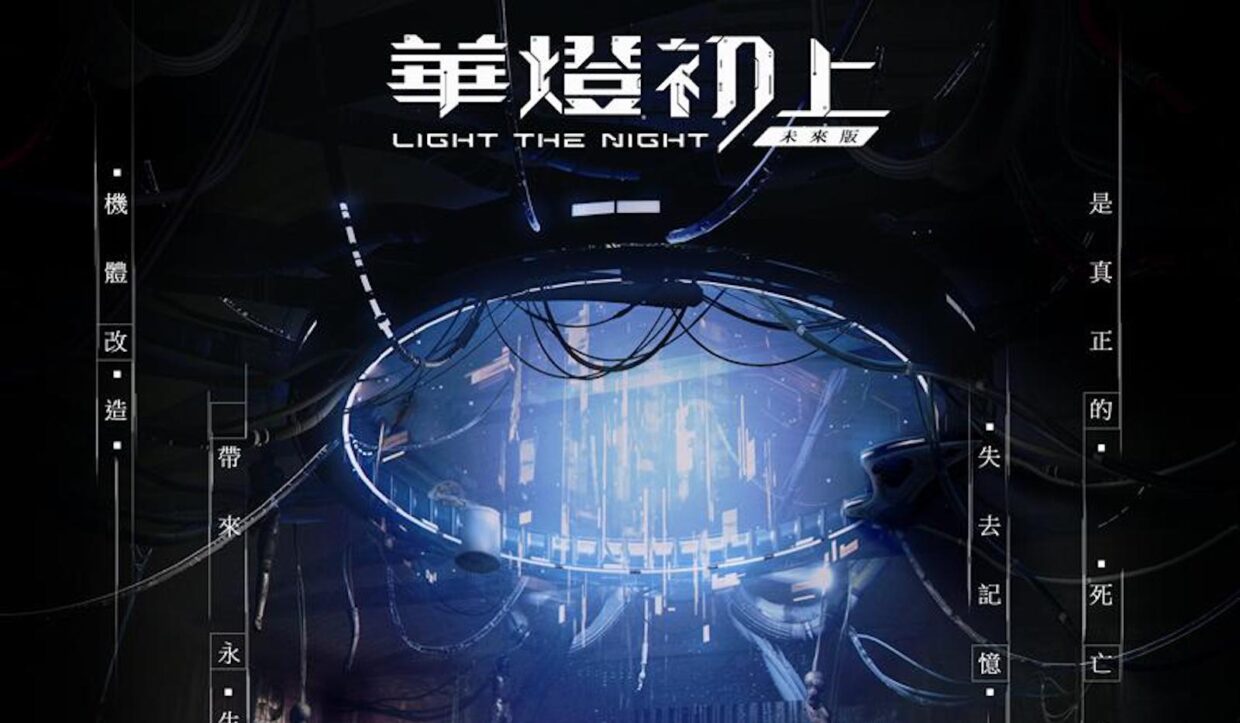Metaverse technologies seem to go hand-in-hand with theater performances, allowing audiences to experience the stage in a much more immersive way, for example interacting with certain characters while not being confined to a particular seat during the whole show. Meanwhile, they enable artists and creators to reach a broader audience, especially millennials and Gen Zers.
The Greater China region seems to be taking the lead in realizing such potential. From April 15 to May 7, the inaugural Sphinx Meta Theatre Festival will be held in a hybrid format in Beijing, Guangzhou, Shanghai, and the seaside town of Aranya.
Directed by renowned theater director Meng Jinghui, the festival will also connect with cities around the globe — namely, New York, Paris, and Berlin — to promote international cultural dialogues. Aside from metaverse-based theatrical performances, the festival includes eight other sections, including forums and immersive zones to explore the future relationship between metaverse technologies and art.
Notably, the festival released 83 AI-generated posters after Meng and other artists prompted an image generator.
For its part, VIVE Originals, the content arm of the VR department of Taiwanese electronics giant HTC, presented the metaverse play Light the Night: Redhat Killer at Mobile World Congress (MWC) Barcelona 2023. By wearing HTC VIVE’s XR headset, viewers could follow the characters and explore a futuristic cyberpunk world. The play is adapted from the popular Taiwanese TV series Light the Night and incorporates music performances by pop idol Julia Wu. HTC VIVE plans to release the play to PC users worldwide following MWC Barcelona.
These events will help mainland China and Taiwan preserve and promote their cultures globally. Both regions are rich in historic and modern cultural IPs. In the case of the former, theater plays, such as Beijing Opera, can trace their roots way back into history. Therefore, the region’s governments and tech giants have ample resources to draw from when moving plays into the metaverse.
This is not to say that the West lacks similar theater IPs. For instance, in the U.K., the National Theatre’s Immersive Storytelling Studios has been transforming classic plays such as Wonder.land into VR performances. Coventry University’s Immersive Telepresence in Theatre project is also cooperating with U.S. universities to leverage metaverse technologies to conduct rehearsals of Shakespeare’s plays.
However, there have yet to be nationwide pushes or initiatives from tech giants to combine theater and metaverse technologies on a large scale. This could be because western metaverse platforms have a relatively heavier emphasis on the gaming experience.
But as western cultural institutions increasingly promote themselves globally via the metaverse, Greater China’s example might inspire them to digitally revolutionize their domestic theater IPs as well.



